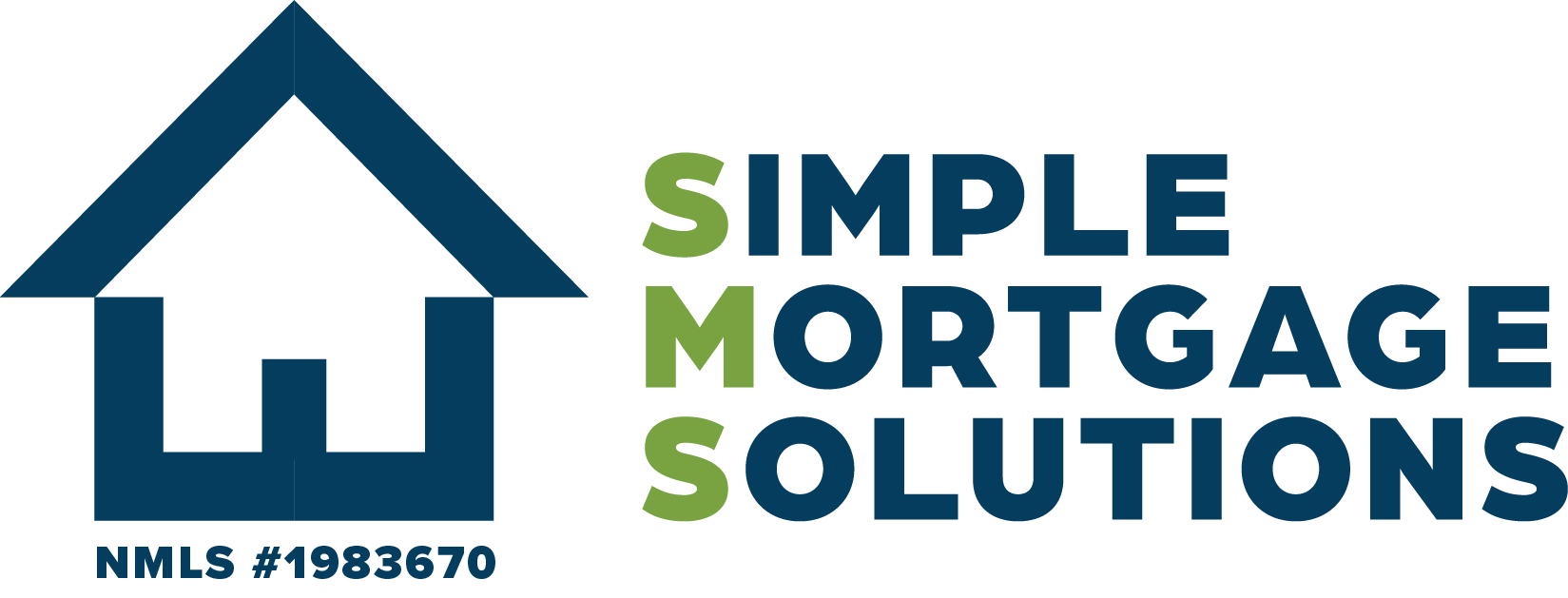
What is a Construction Home Loan?
Buying a home is exciting, but what if you want to build your own house from the ground up? A construction home loan can help you finance your dream home while it's being built. Unlike a regular home loan, which helps you buy an existing house, a construction loan is designed specifically for people who need to pay for construction costs in stages. Let’s break down how this type of loan works and what you need to know before applying for one.
How Does a Construction Home Loan Work?
A construction home loan provides money to cover the costs of building a house. Instead of receiving all the money at once, like with a traditional mortgage, lenders give out the loan in parts, known as "draws." These draws match the different phases of construction, such as laying the foundation, building the framework, and installing electrical and plumbing systems.
Each time a new stage is completed, the builder requests a draw, and the lender sends an inspector to check the progress. If everything is on track, the lender releases the funds to keep the project moving forward. This process continues until the home is finished.
Types of Construction Home Loans
There are different types of construction loans, and the right one for you depends on your financial situation and plans for the home.
1. Construction-to-Permanent Loan
This type of loan starts as a construction loan and then turns into a traditional mortgage once the house is built. It allows homeowners to avoid applying for two separate loans, making the process simpler and saving money on closing costs.
2. Stand-Alone Construction Loan
A stand-alone loan only covers the construction costs. Once the home is completed, you must apply for a separate mortgage to pay off the construction loan. This can be a good option if you don’t want to commit to a mortgage right away, but it may lead to higher costs in the long run.
3. Owner-Builder Construction Loan
If you plan to build the house yourself instead of hiring a professional contractor, this type of loan is designed for you. However, these loans can be harder to get because lenders see self-built projects as riskier than hiring a licensed builder.
What Are the Requirements for a Construction Loan?
Lenders view construction loans as riskier than traditional home loans because they are based on future value rather than an existing home. Because of this, they have stricter requirements. Here are some of the key things you’ll need to qualify:
Good Credit Score – Lenders usually require a higher credit score than for a regular mortgage.
Down Payment – Most lenders ask for a down payment of at least 20% to 25% of the total cost of construction.
Detailed Construction Plan – A clear plan, including blueprints, timelines, and cost estimates, is necessary for loan approval.
Licensed Builder – Many lenders require a professional contractor with experience in home construction.
Proof of Income and Financial Stability – Lenders want to see that you can make loan payments while your home is being built.
How Do You Make Payments on a Construction Loan?
Unlike a traditional mortgage, where you start making full payments right away, construction loan payments work a little differently. Most construction loans are "interest-only," meaning you only pay the interest on the amount that has been borrowed so far. This keeps your payments lower while the house is being built. Once construction is finished, if you have a construction-to-permanent loan, it converts into a standard mortgage, and you begin making regular payments.
If you have a stand-alone construction loan, you will need to apply for a separate mortgage to pay off the loan balance. This can mean additional paperwork and costs, so it’s important to plan ahead.
Pros and Cons of Construction Home Loans
Pros:
Allows you to build a custom home to fit your needs
Interest-only payments during construction help keep costs manageable
A construction-to-permanent loan simplifies financing
Cons:
Higher interest rates compared to traditional home loans
Requires a larger down payment
More paperwork and inspections throughout the process
Can be risky if there are construction delays or cost overruns
Tips for Getting a Construction Home Loan
If you’re considering a construction loan, here are some steps to improve your chances of approval and make the process smoother:
Check Your Credit Score – A strong credit score will help you get better loan terms.
Save for a Down Payment – The more money you can put down, the easier it will be to qualify.
Work with a Trusted Builder – Lenders prefer experienced, licensed contractors.
Have a Detailed Plan – The more specific your construction plans, the better.
Understand the Costs – Make sure you budget for unexpected expenses that might come up during construction.
Is a Construction Home Loan Right for You?
A construction home loan can be a great option if you want to build your dream home rather than buy an existing one. However, it requires careful planning, a solid financial position, and patience as you go through the building process. If you’re prepared for the extra steps involved, this type of loan can help turn your vision into reality.


